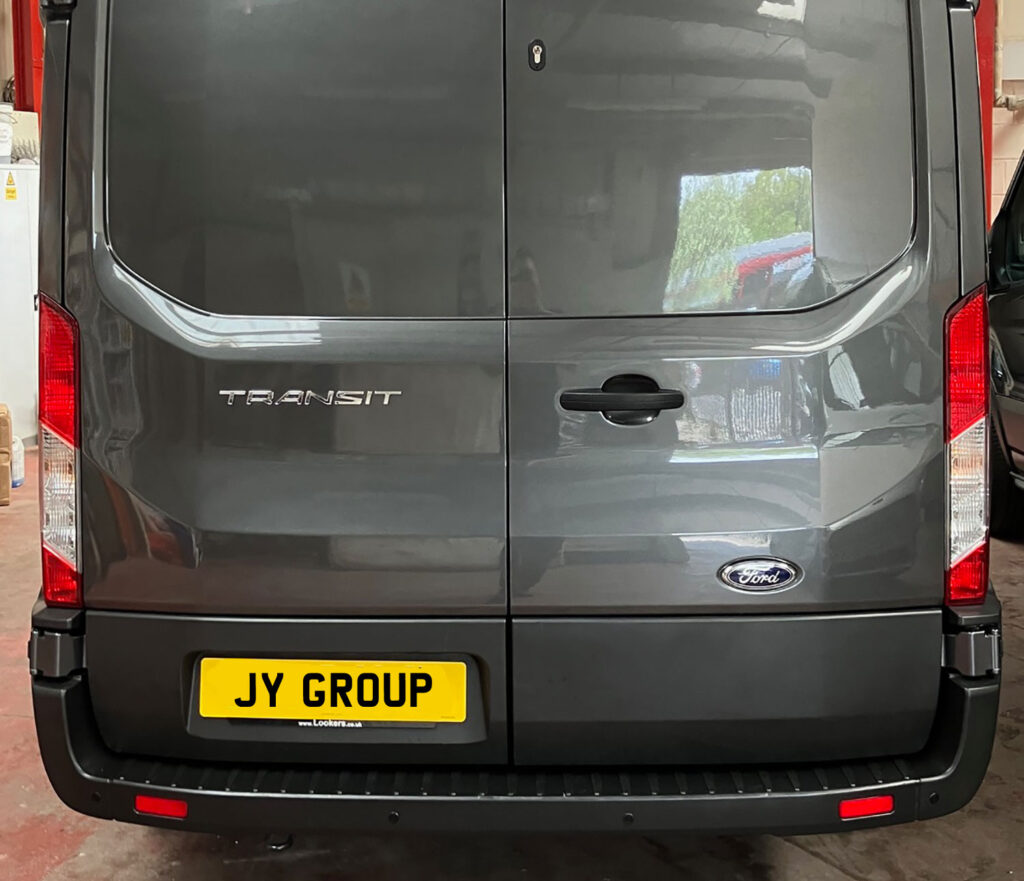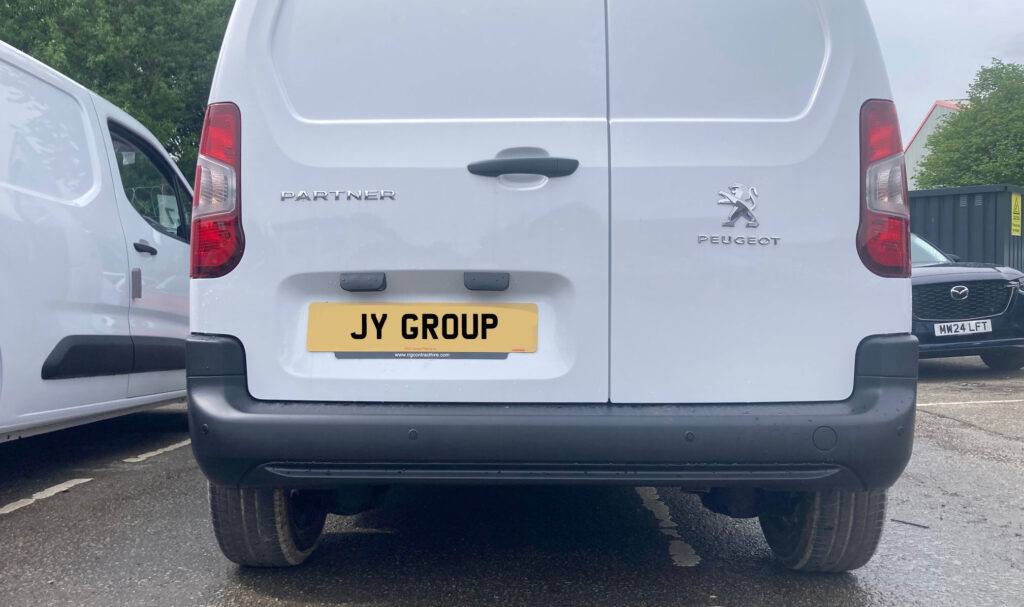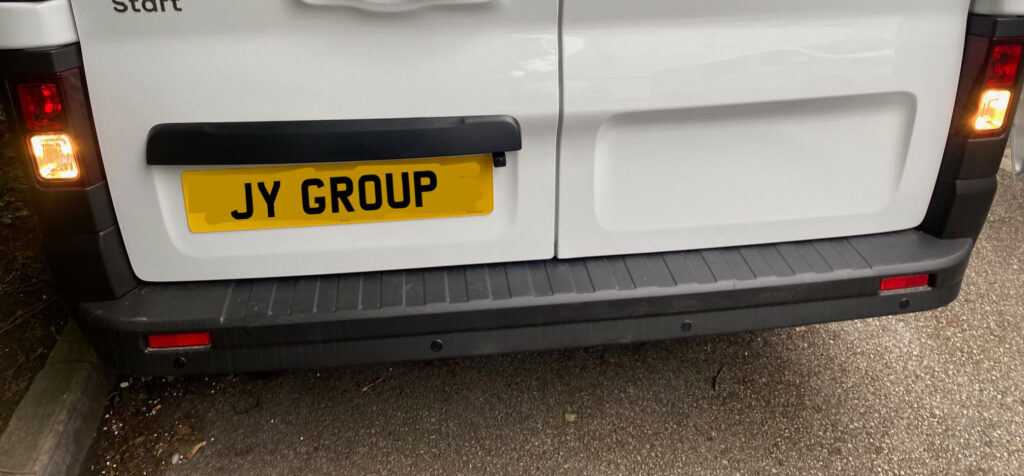
Parking sensors are an increasingly popular feature in commercial vehicles, designed to assist drivers in parking and maneuvering their vehicles safely and effectively.
Here’s an overview of front and rear parking sensors, their benefits, and their importance in enhancing operational efficiency and safety for commercial vehicles.
Parking sensors use ultrasonic or electromagnetic technology to detect obstacles around a vehicle. They provide audible alerts or visual indicators (usually through a dashboard display) to help drivers understand their proximity to nearby objects, such as other vehicles, pedestrians, or structural barriers, both when approaching and when reversing.
Ultrasonic Sensors: These sensors emit ultrasonic waves that bounce off nearby objects. The system calculates distance based on the time it takes for the waves to return.
Electromagnetic Sensors: These create an electromagnetic field around the vehicle and detect when objects enter that field, improving sensitivity to nearby obstacles.
Obstacle Detection: Parking sensors help detect pedestrians, cyclists, or stationary objects that may not be visible from the driver’s seat, particularly in larger vehicles with blind spots.
Accident Prevention: By providing early warnings, parking sensors can significantly reduce the likelihood of minor accidents during parking, which is crucial for preventing injuries and liability claims.
Ease of Parking: Larger commercial vehicles often have limited visibility and broader turning radius. Parking sensors provide critical feedback, making it easier and safer to park in tight spots.
Assistance in Confined Spaces: Parking sensors help drivers navigate narrow alleys or crowded areas, reducing the stress associated with parking maneuvers.
Reduced Repairs: By preventing accidents and minor collisions, parking sensors can save businesses from repair costs associated with vehicle body damage and other maintenance issues.
Lower Insurance Premiums: Companies that invest in safety features like parking sensors may benefit from reduced insurance premiums due to a lower risk profile.
Faster Parking: With real-time feedback, drivers can park more efficiently, reducing the time spent on parking and allowing for more efficient route management.
Less Downtime: By minimizing accidents and the associated repair work, vehicles spend more time on the road rather than in the shop, enhancing overall productivity.


Fitting commercial vehicles with front and rear parking sensors is not just convenience; it is a strategic investment in safety, efficiency, and cost-effectiveness. These systems enhance driver awareness and confidence, reduce repair costs, and contribute to improved overall productivity.
For businesses that rely on their fleet for operations, implementing parking sensors can be a crucial step in fostering a safer and more efficient working environment.
We offer a range of state-of-the-art parking sensor systems tailored for commercial vehicles.
Our expert team can help you choose the right setup for your fleet, ensuring that your drivers have the best tools available for safe and efficient operations.


